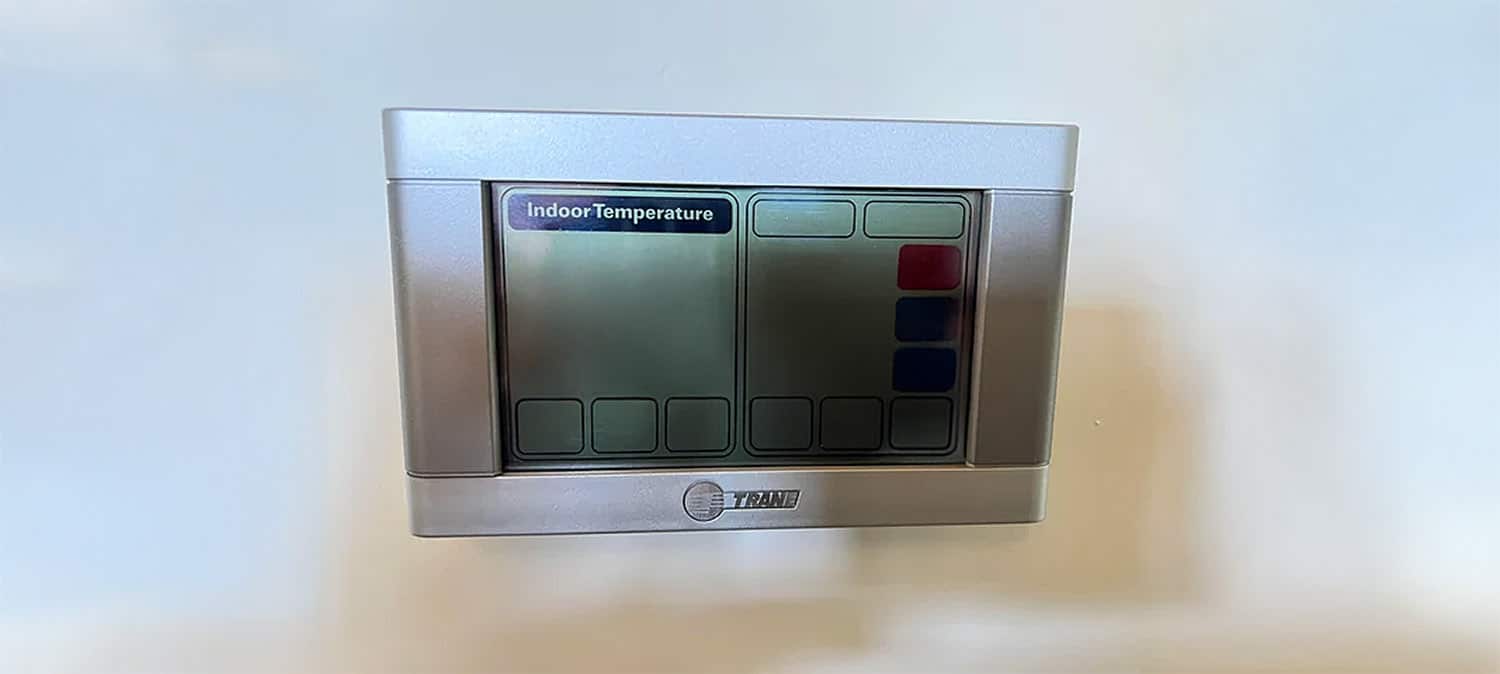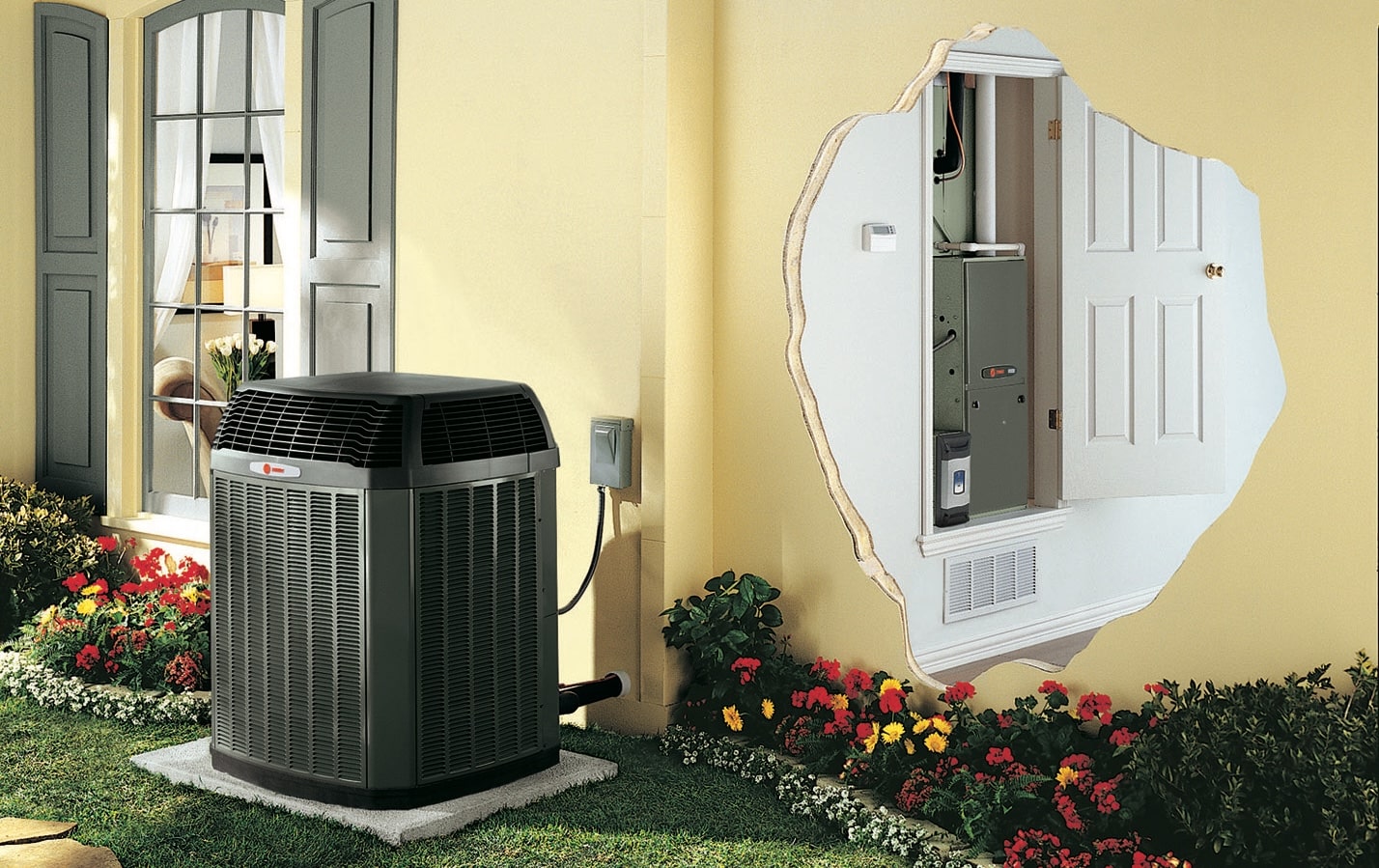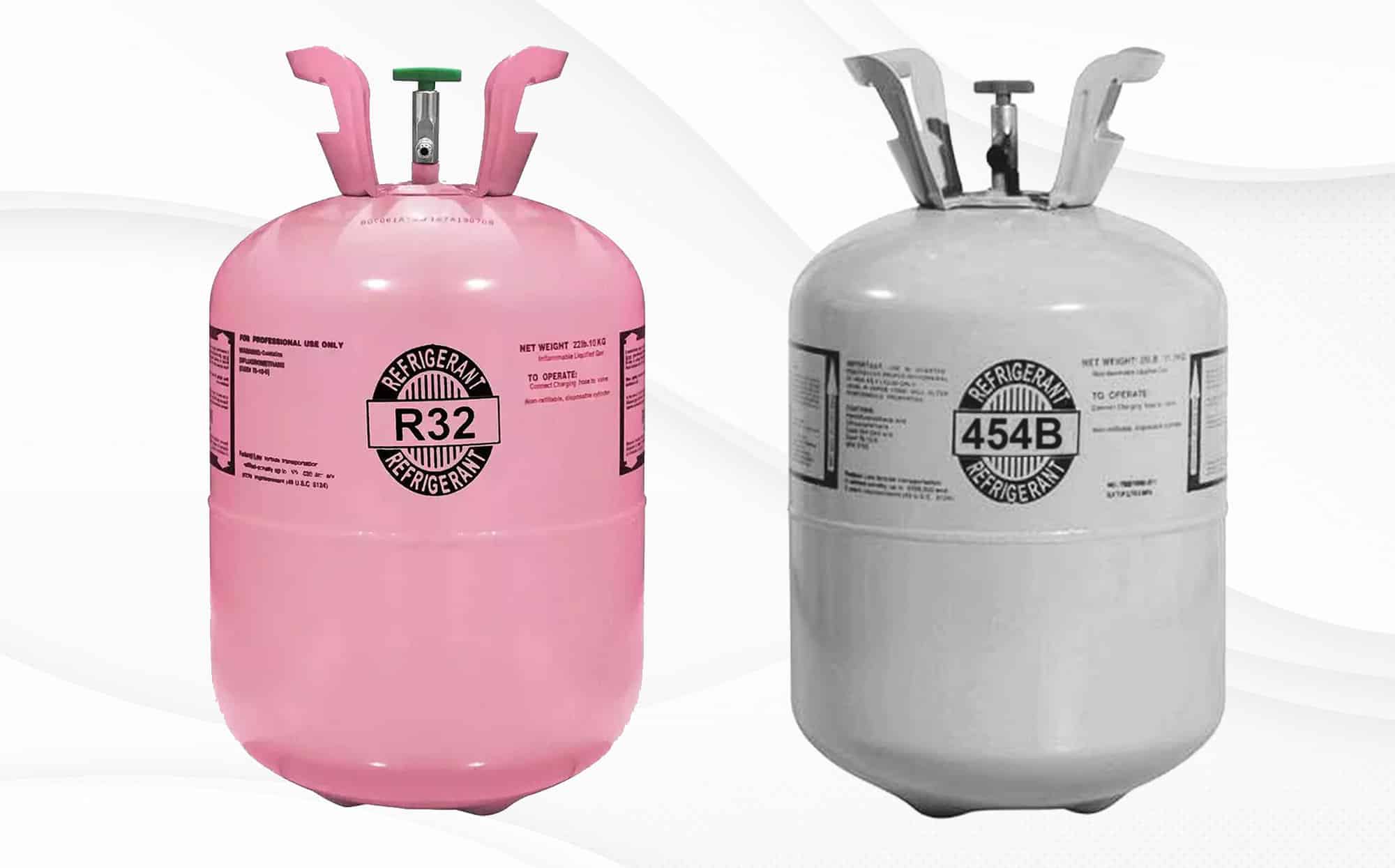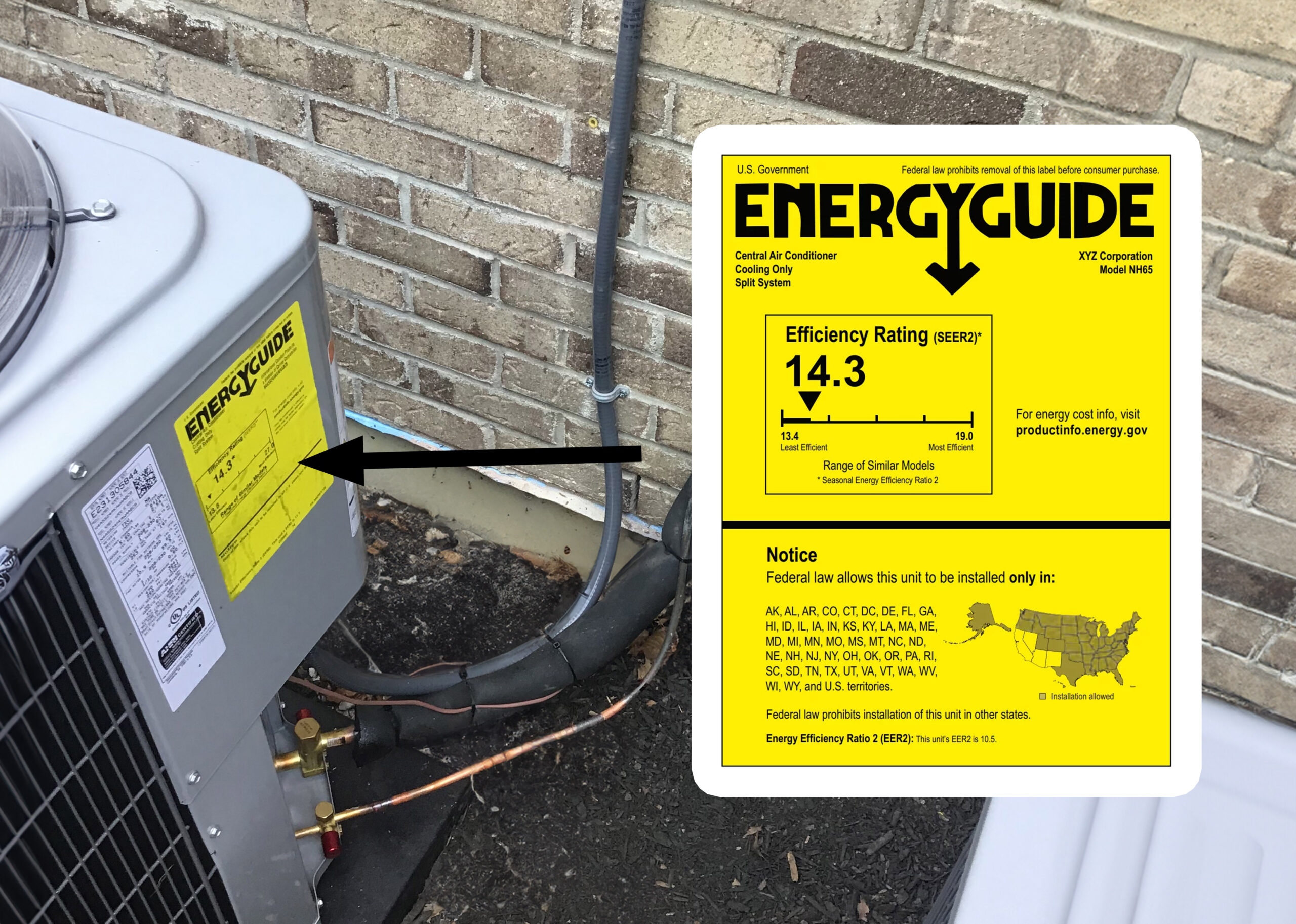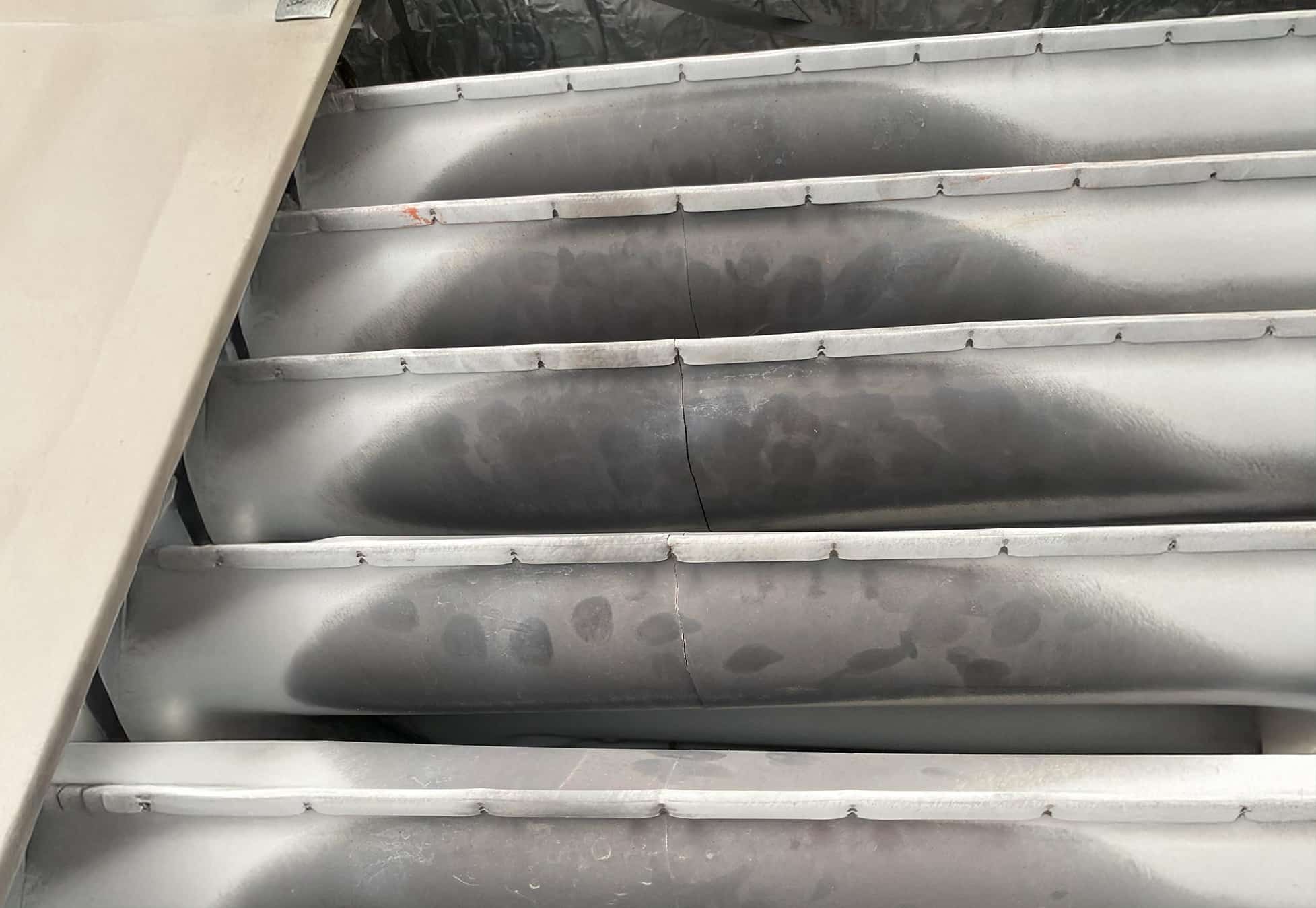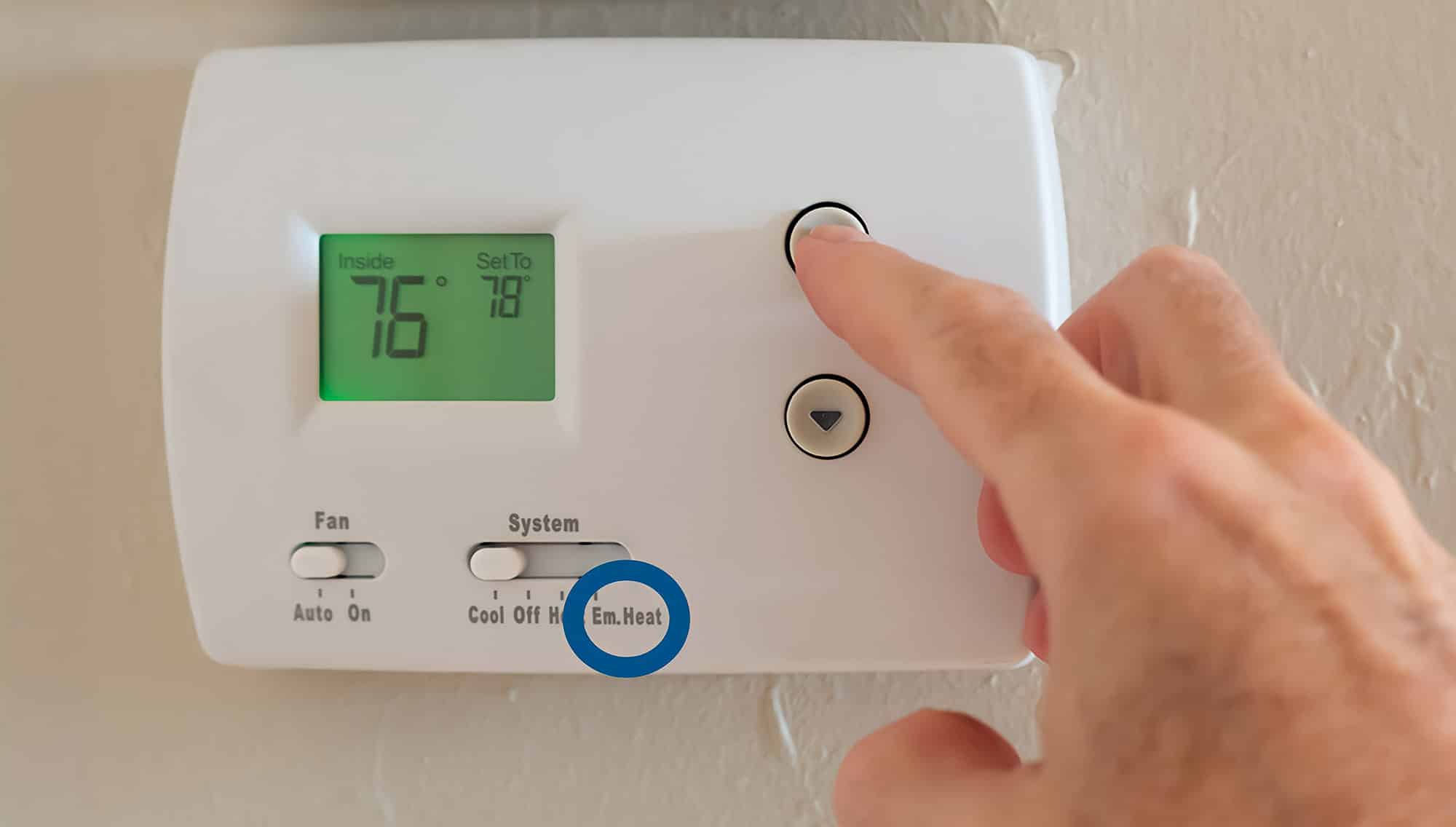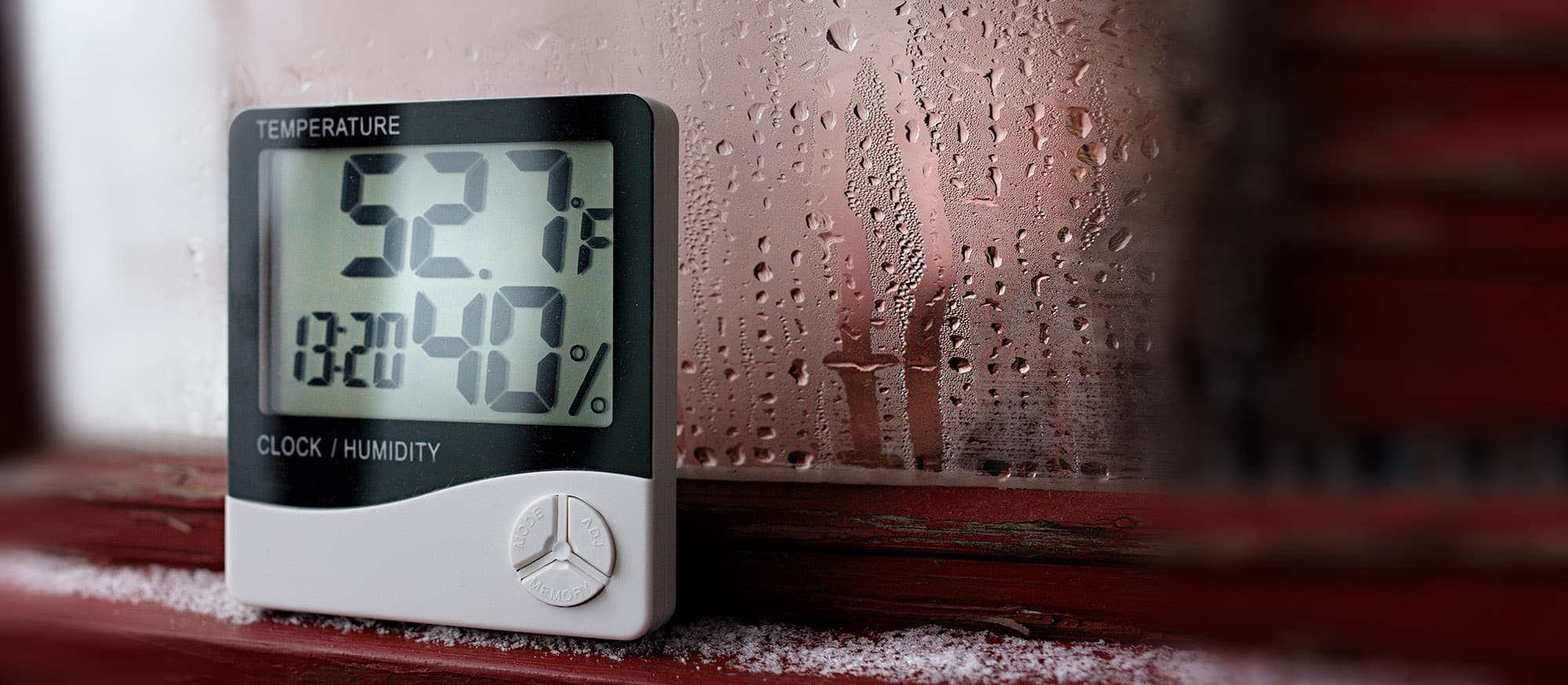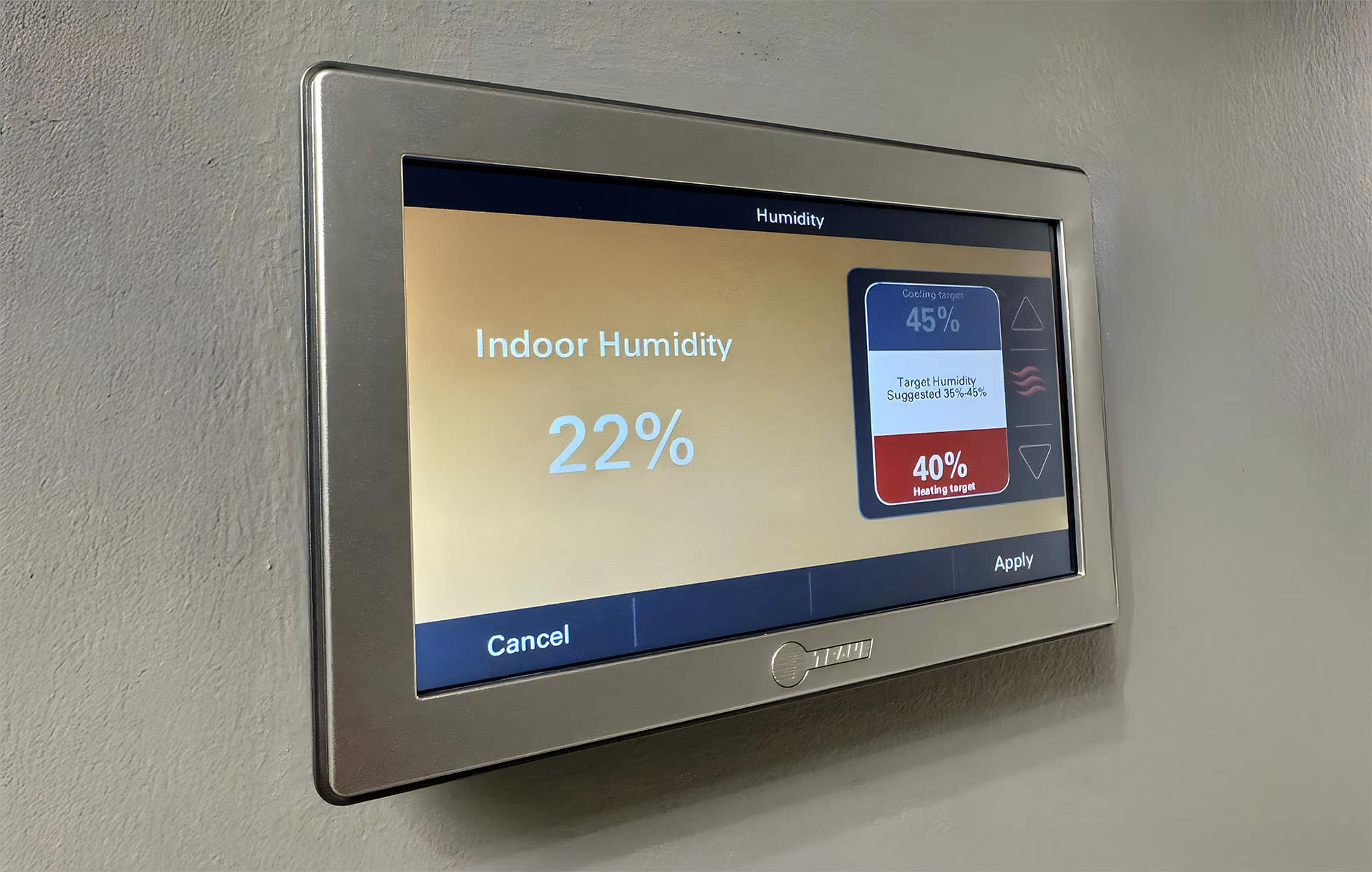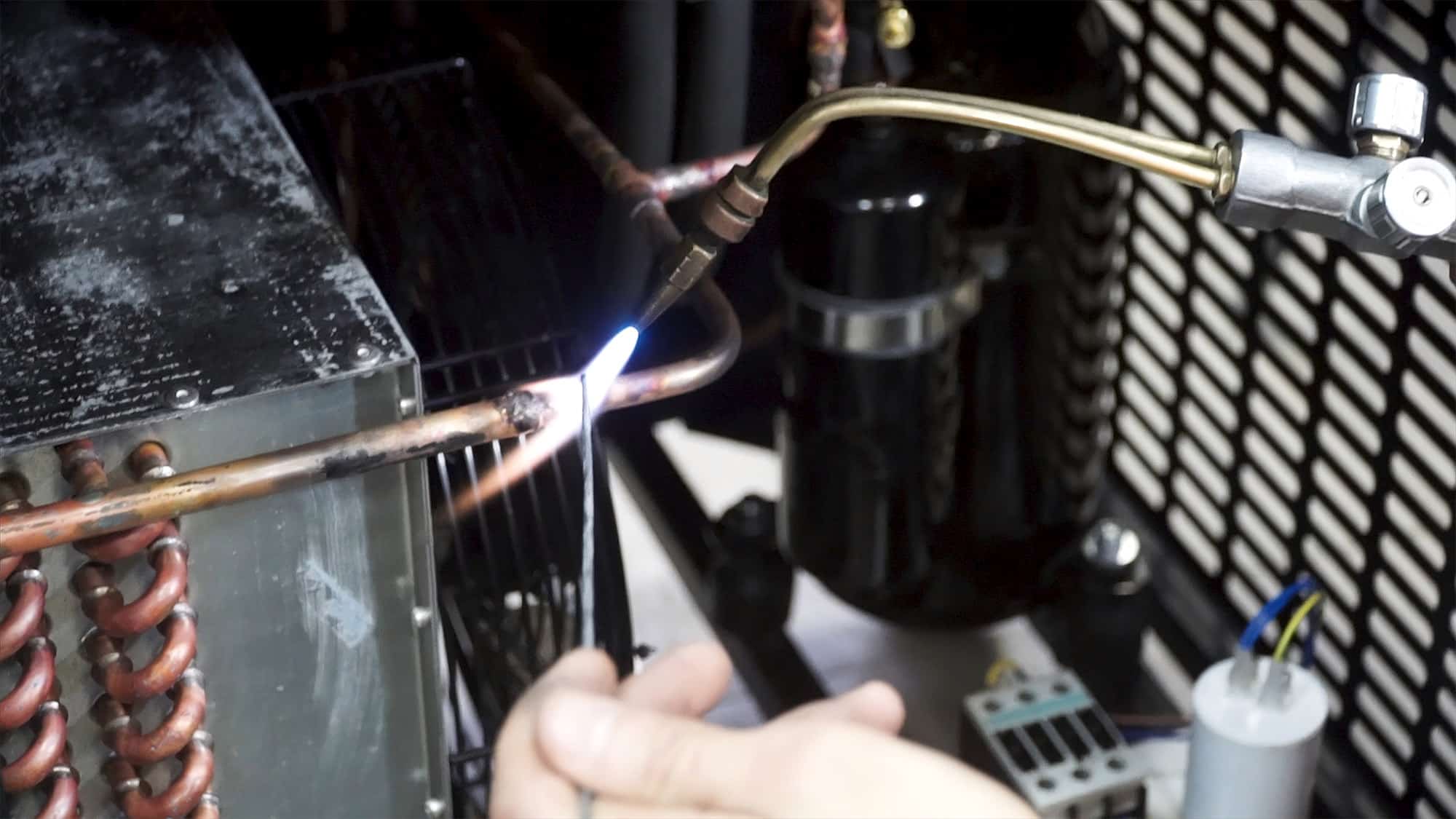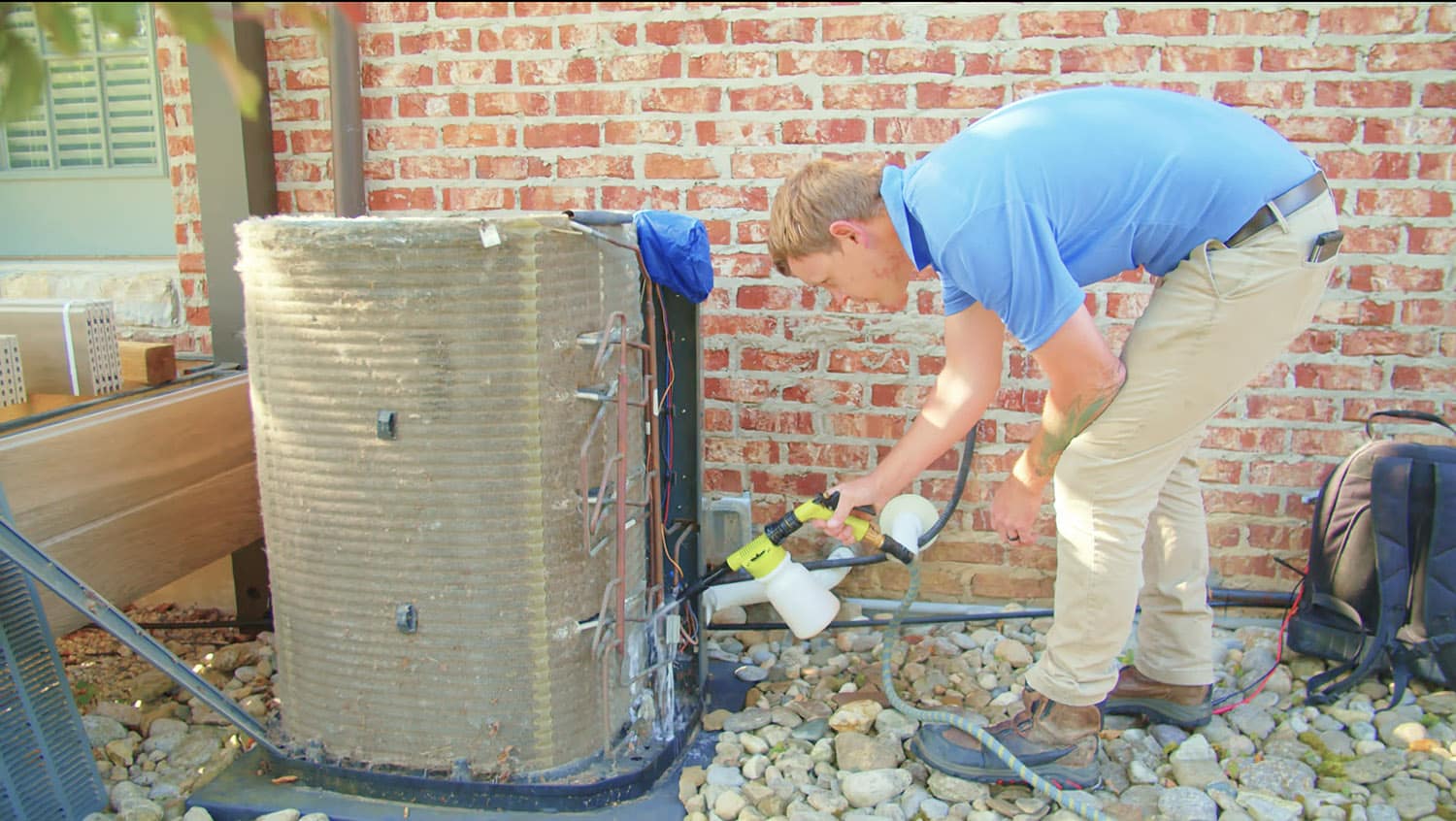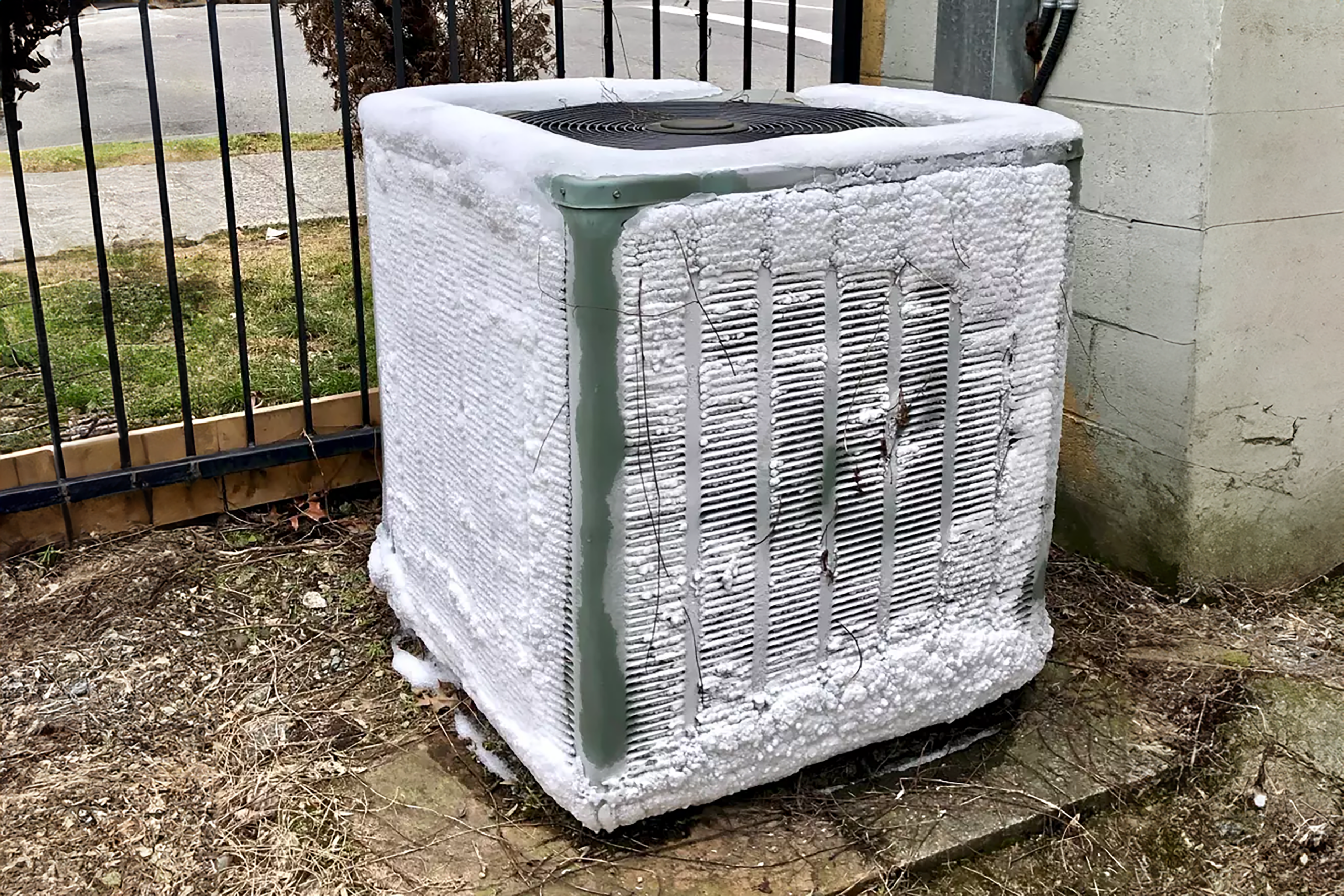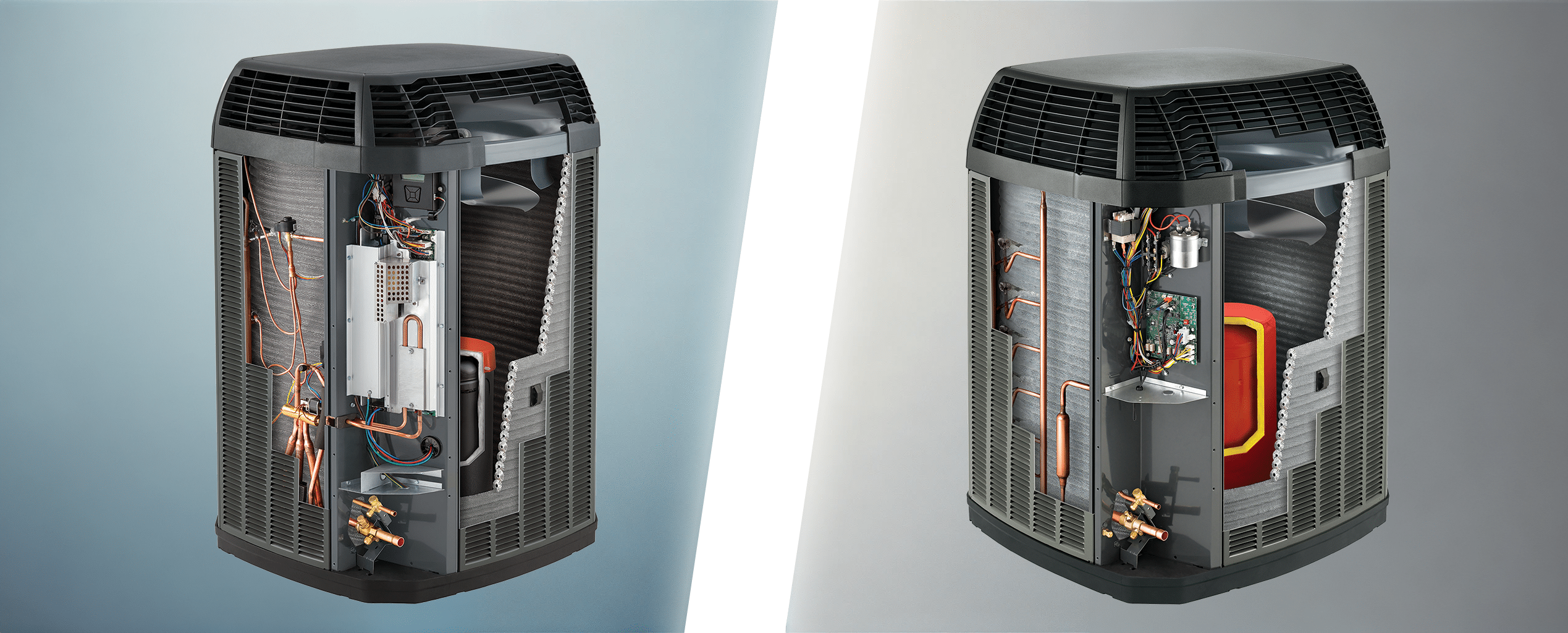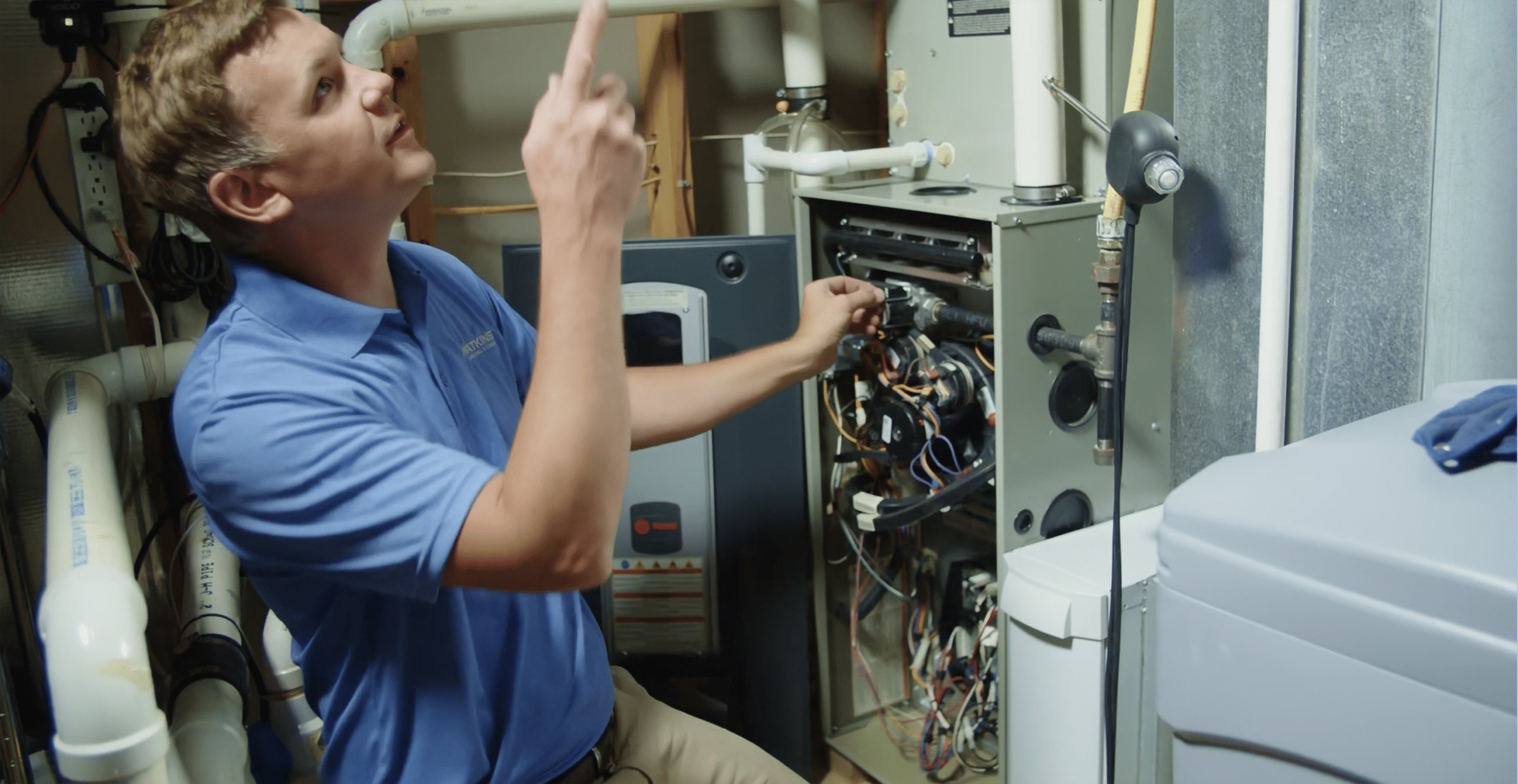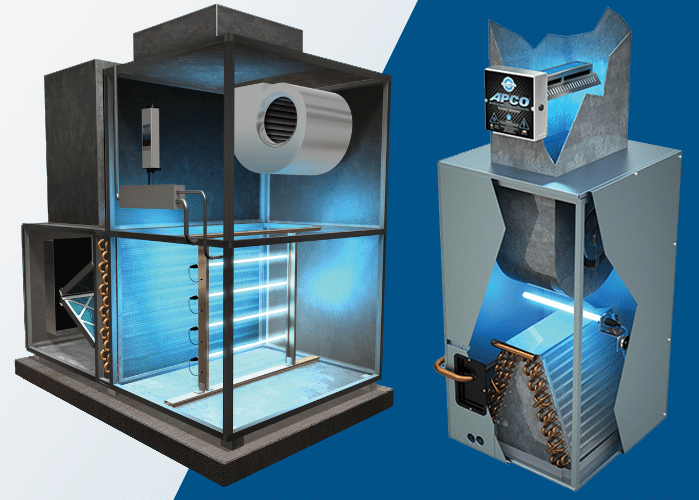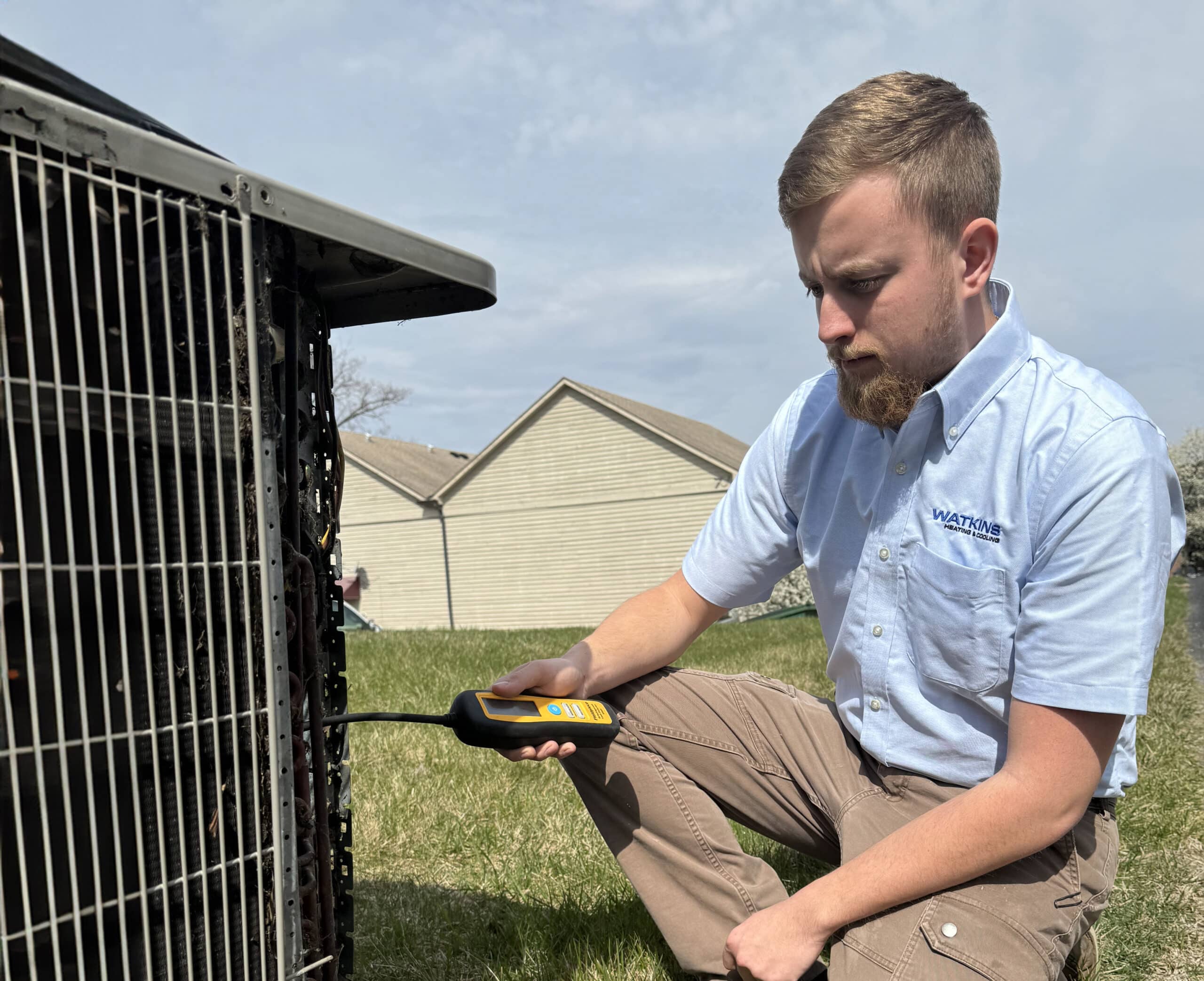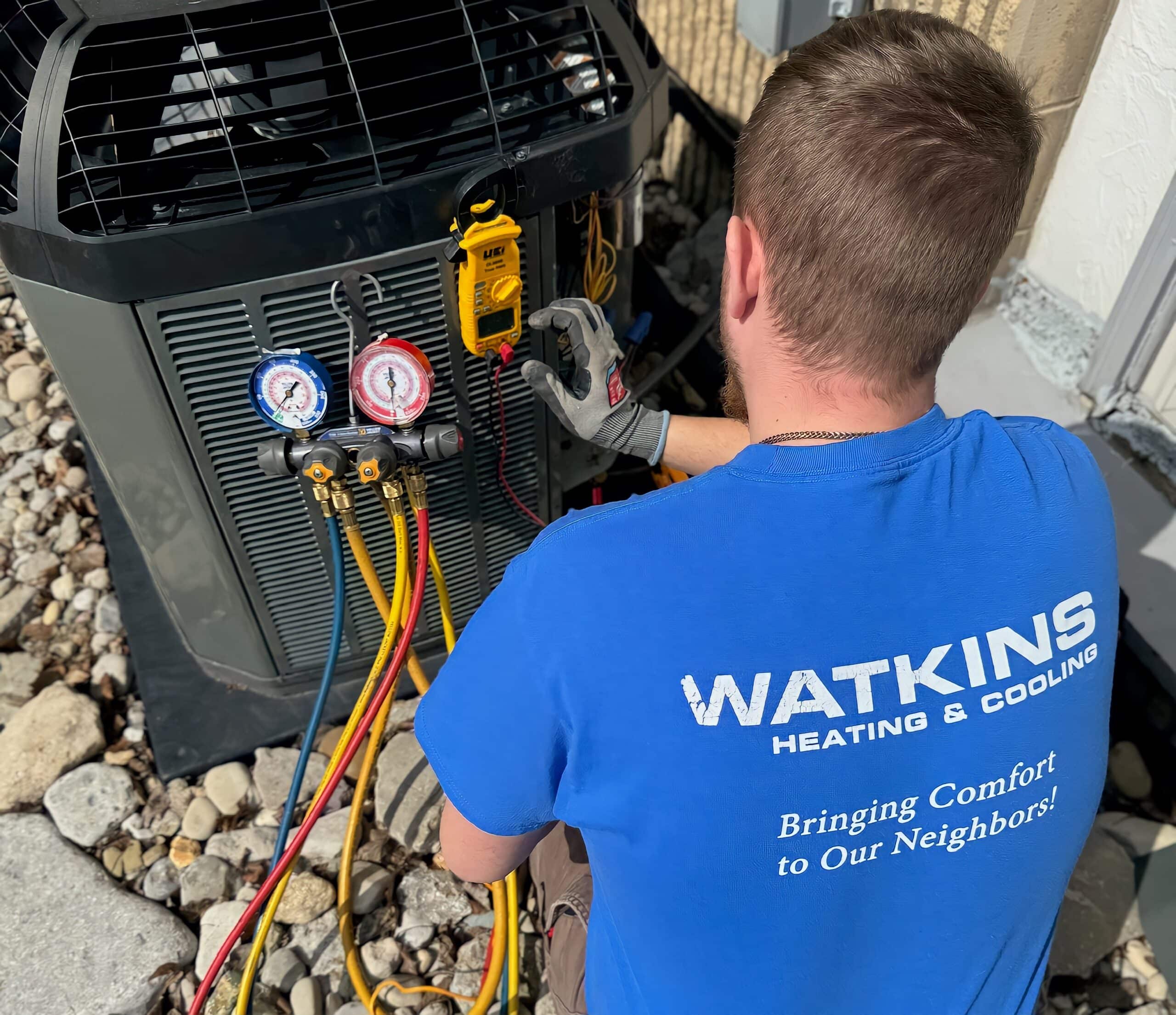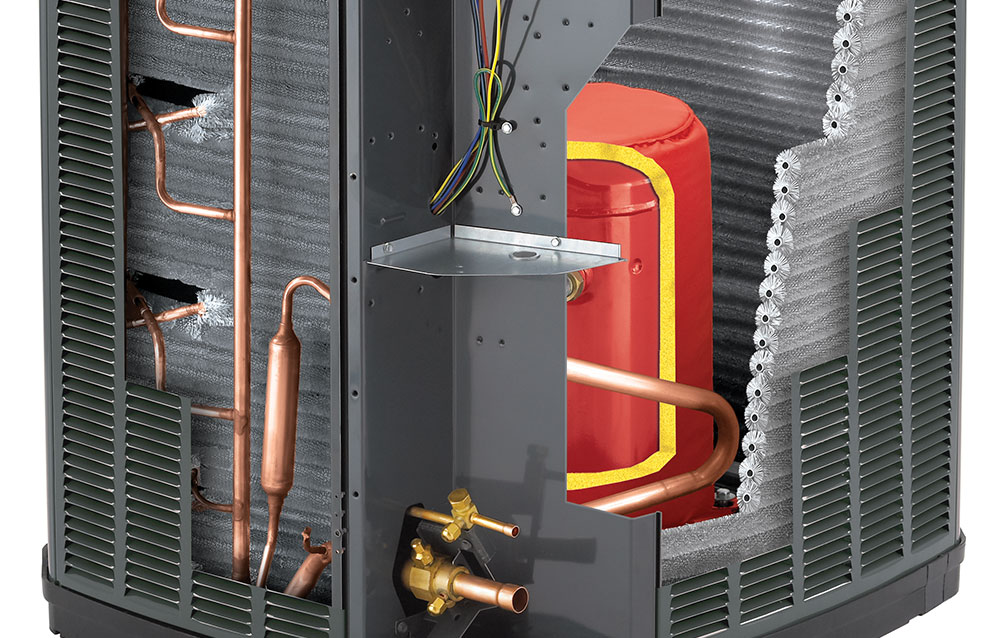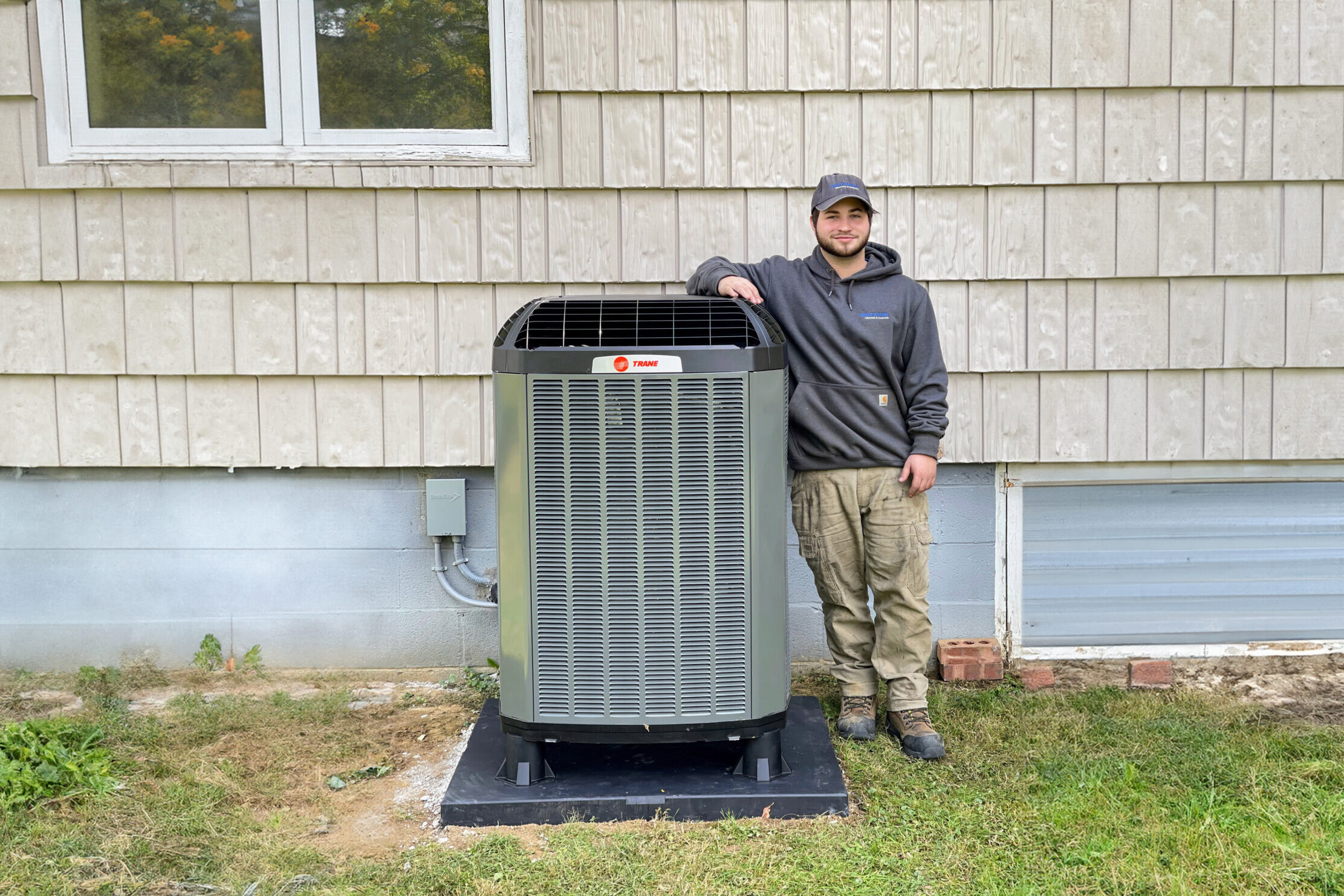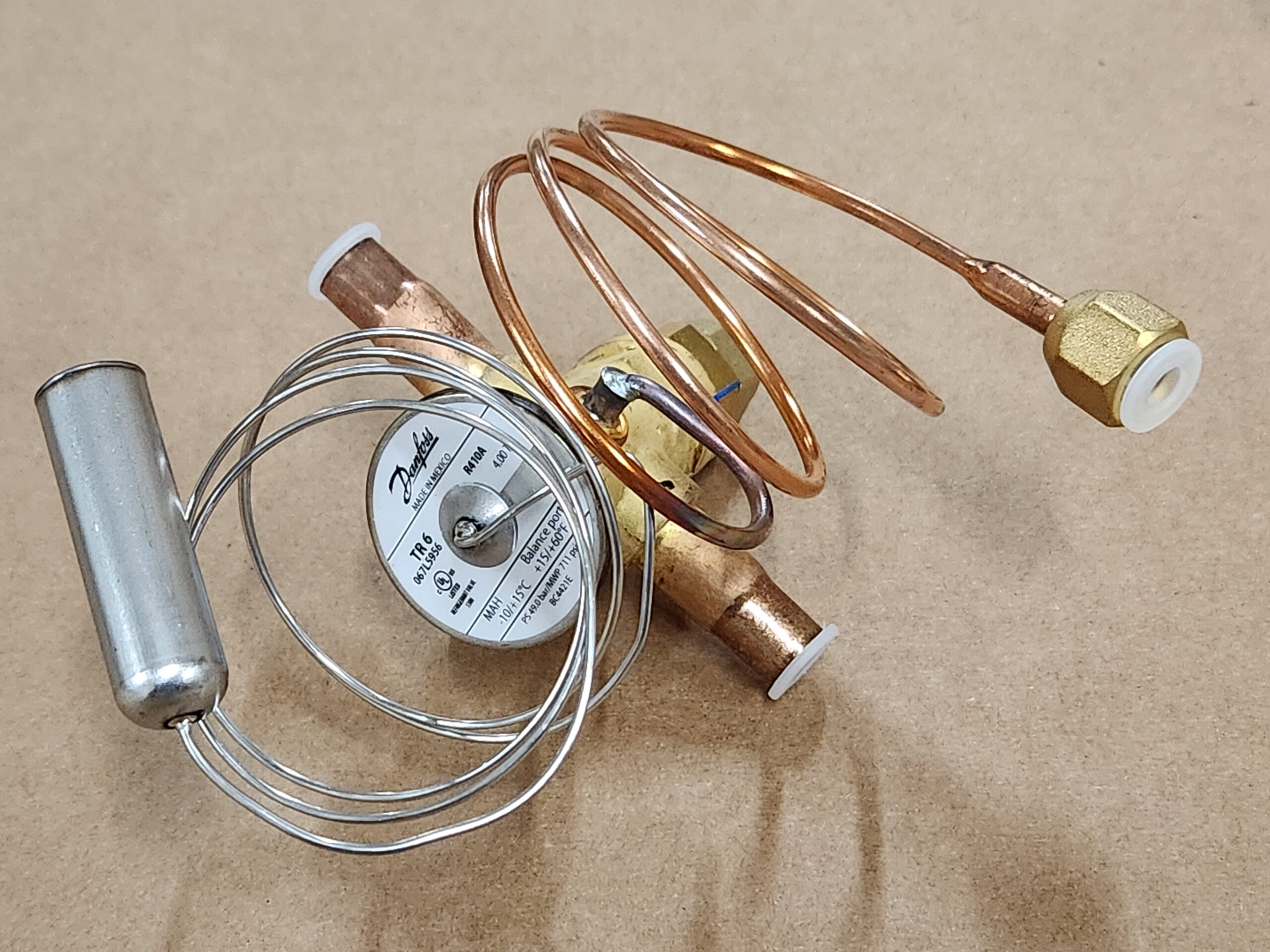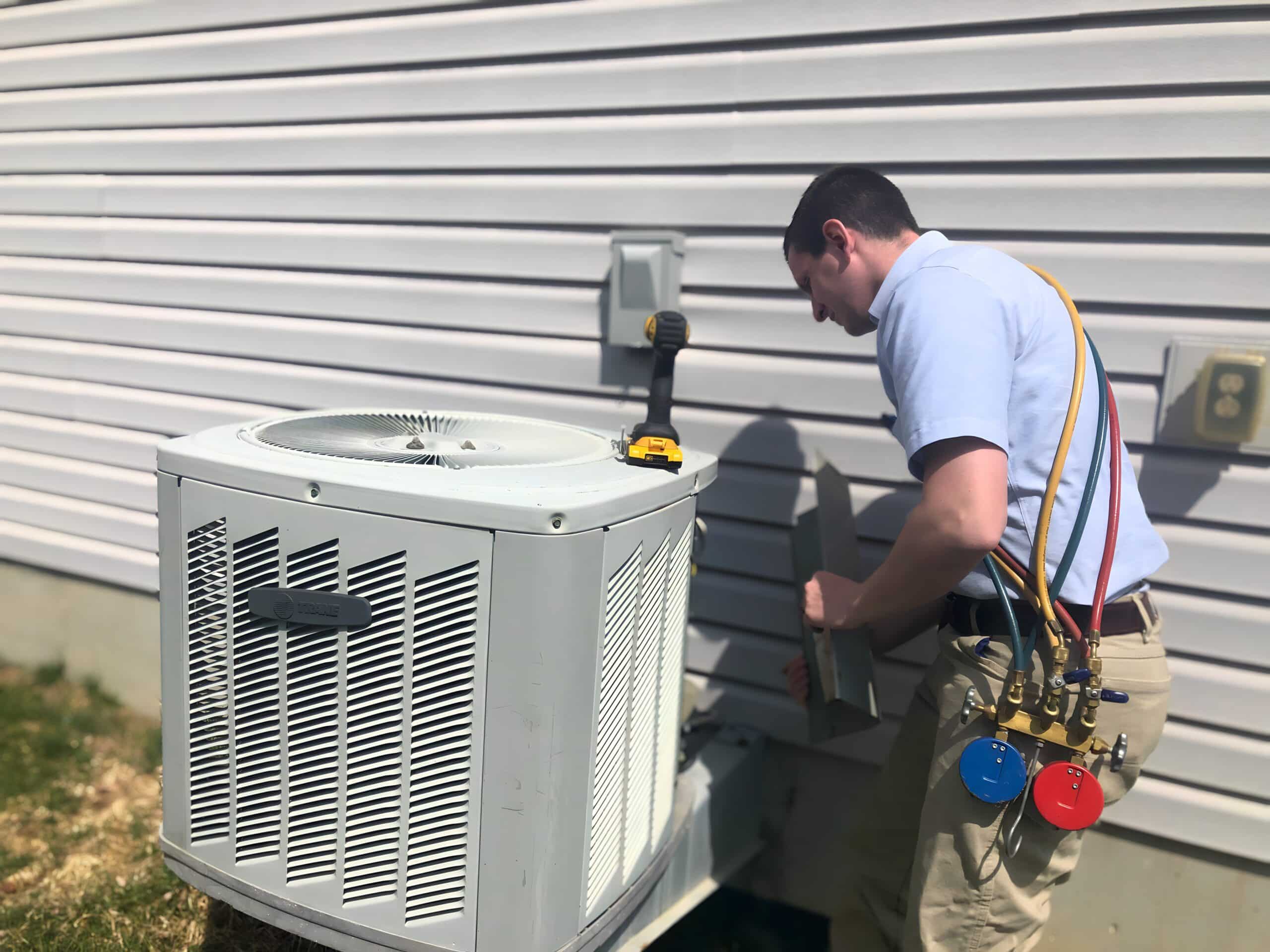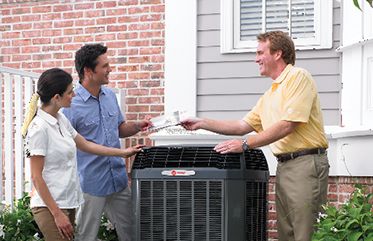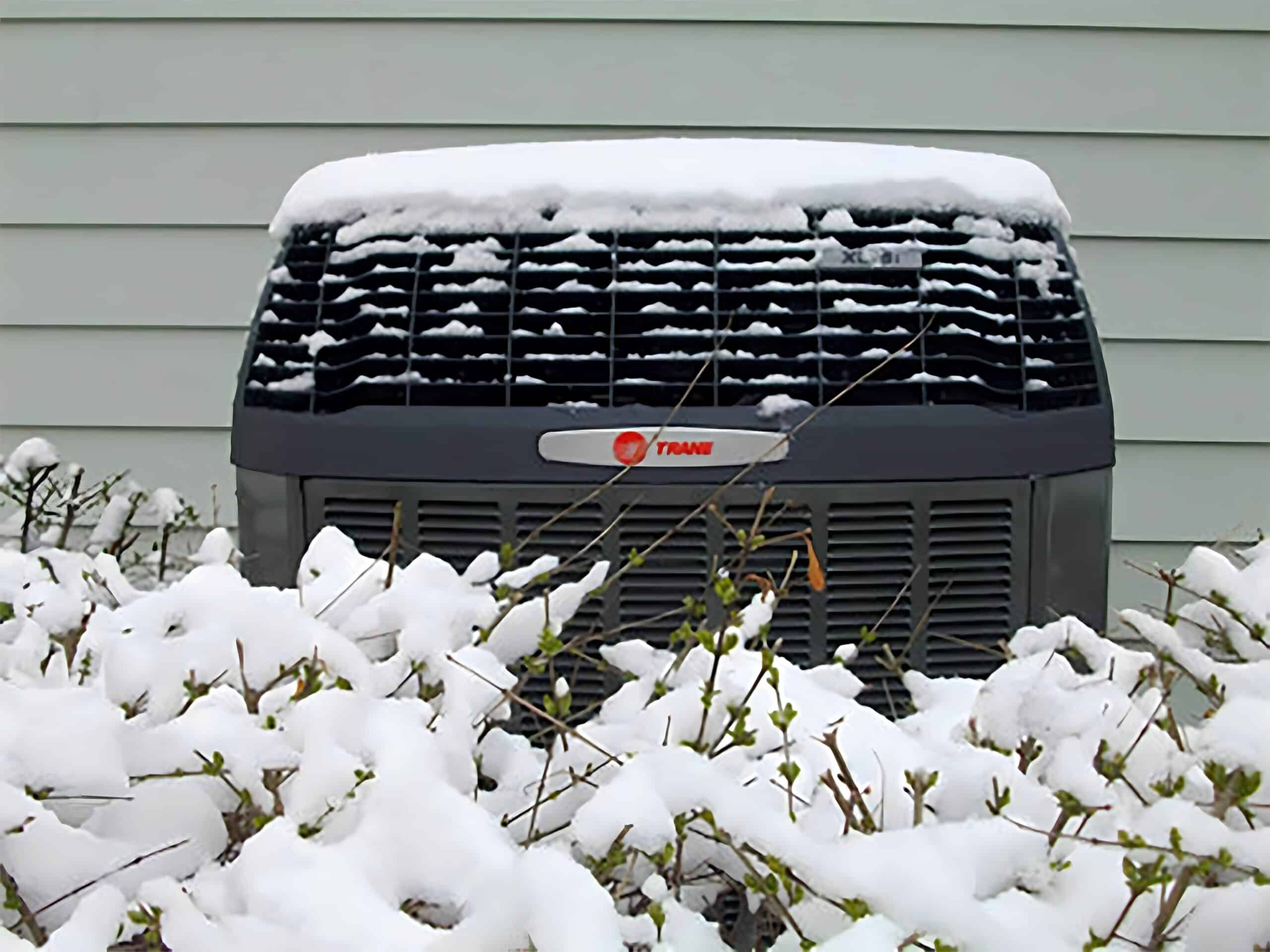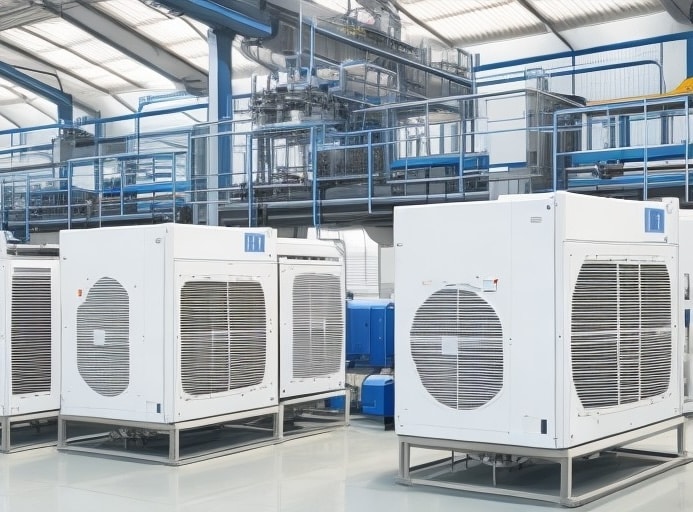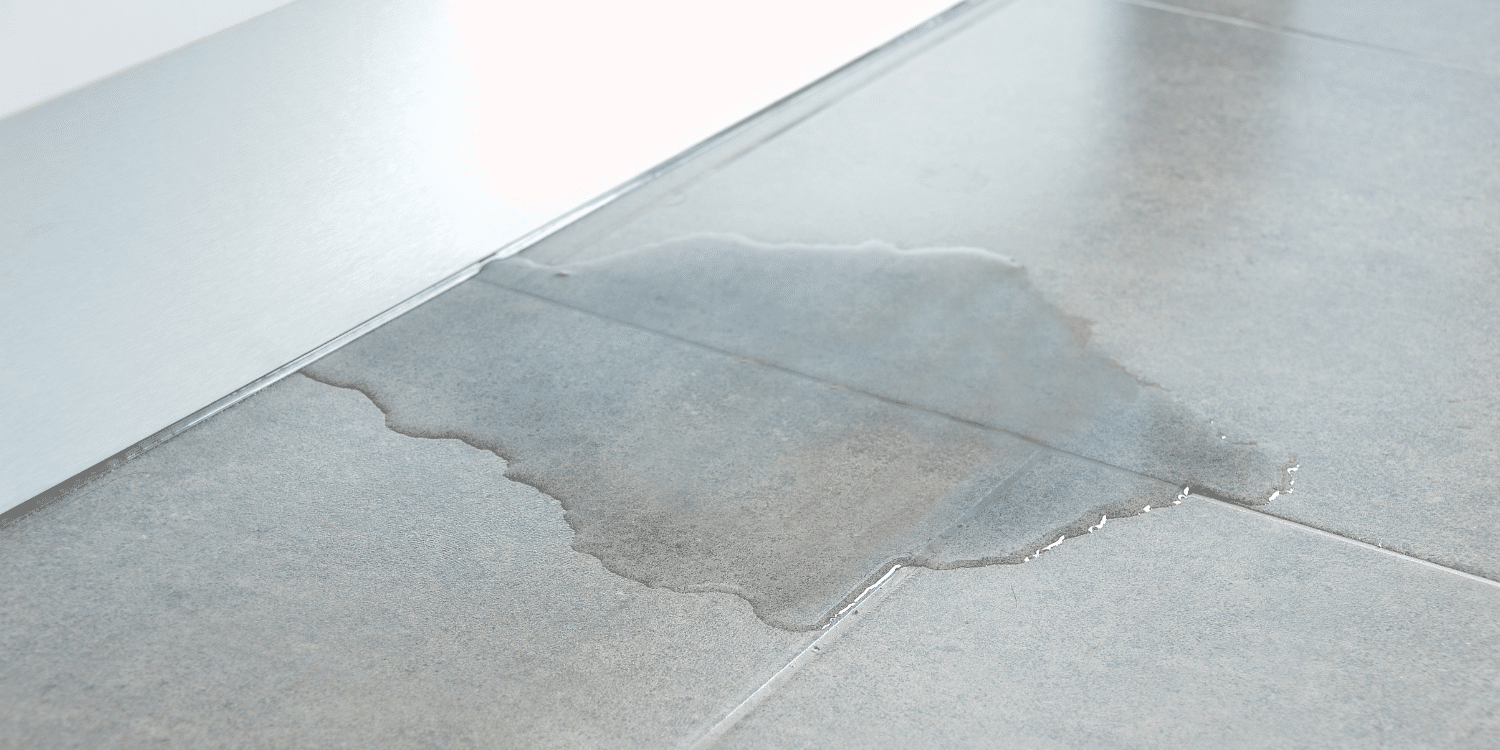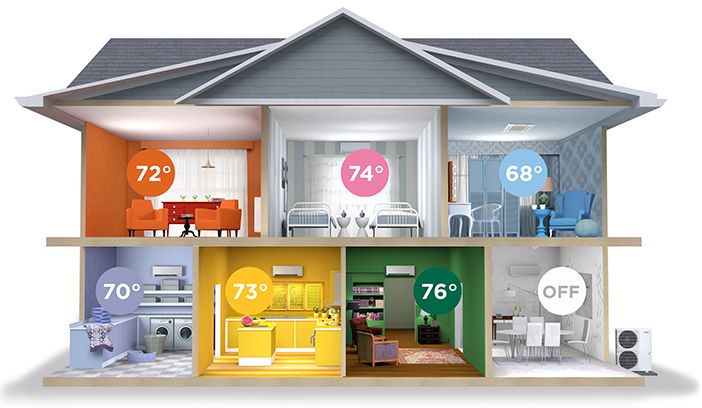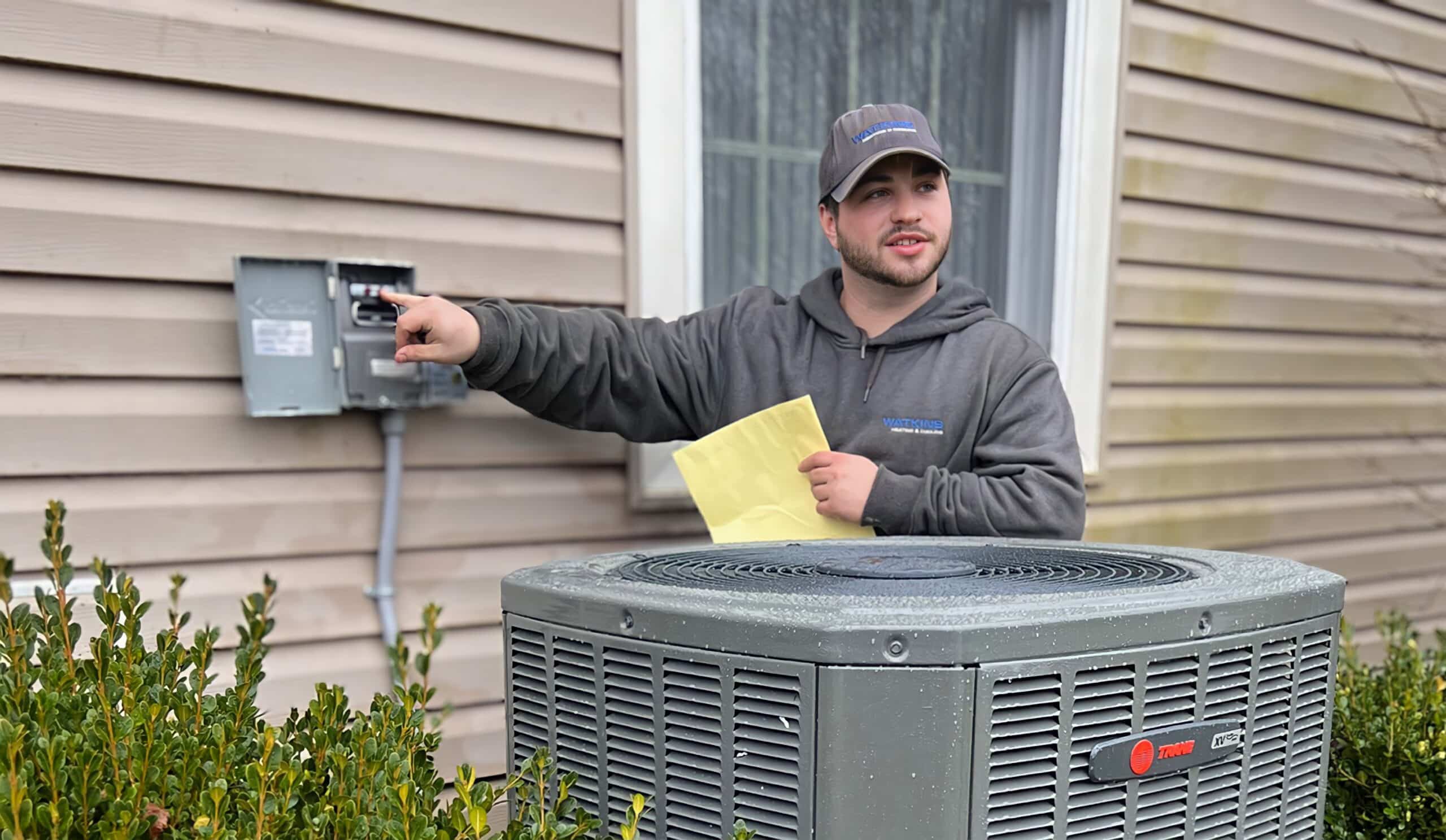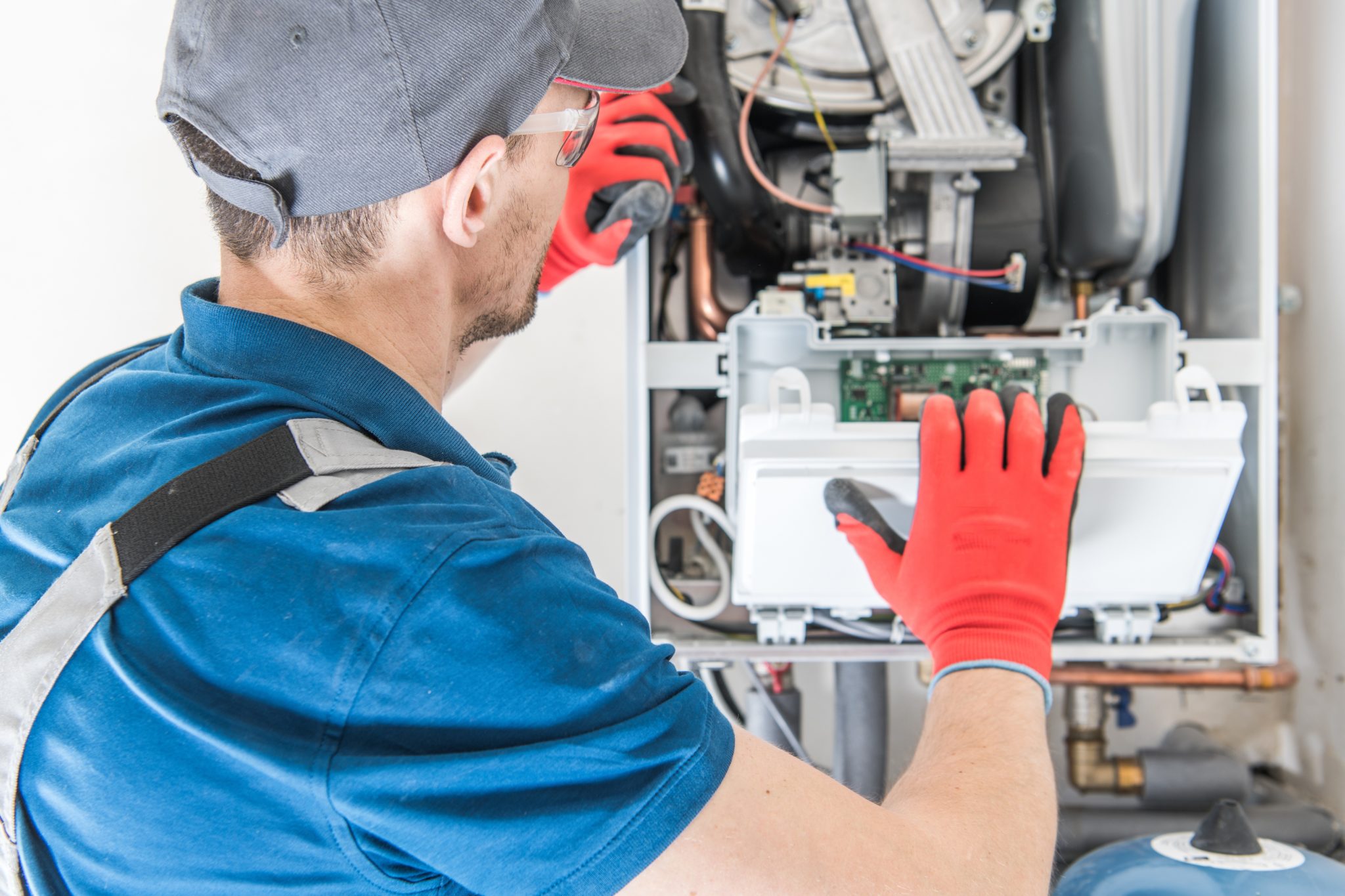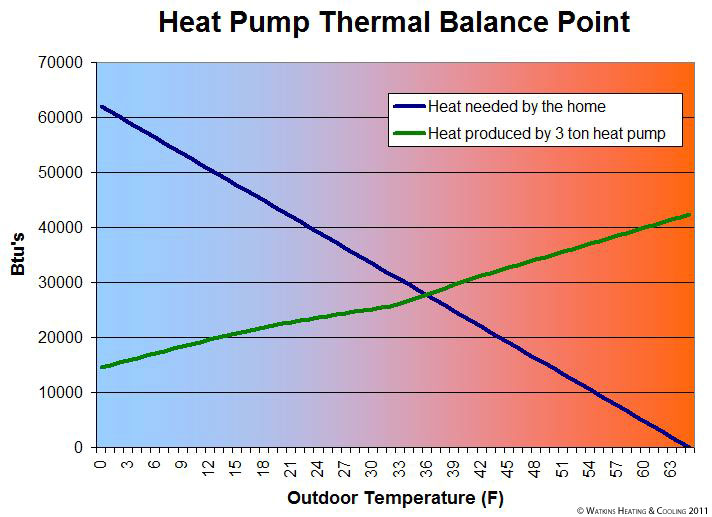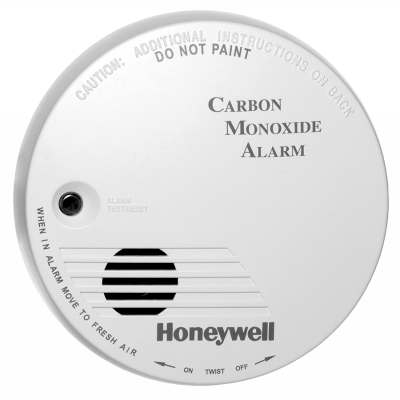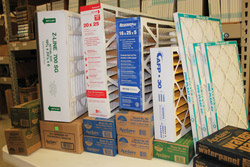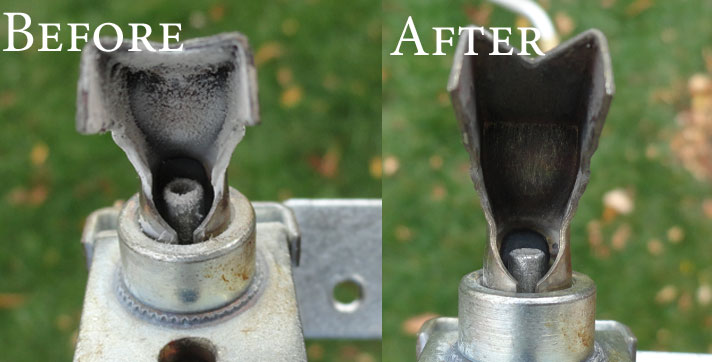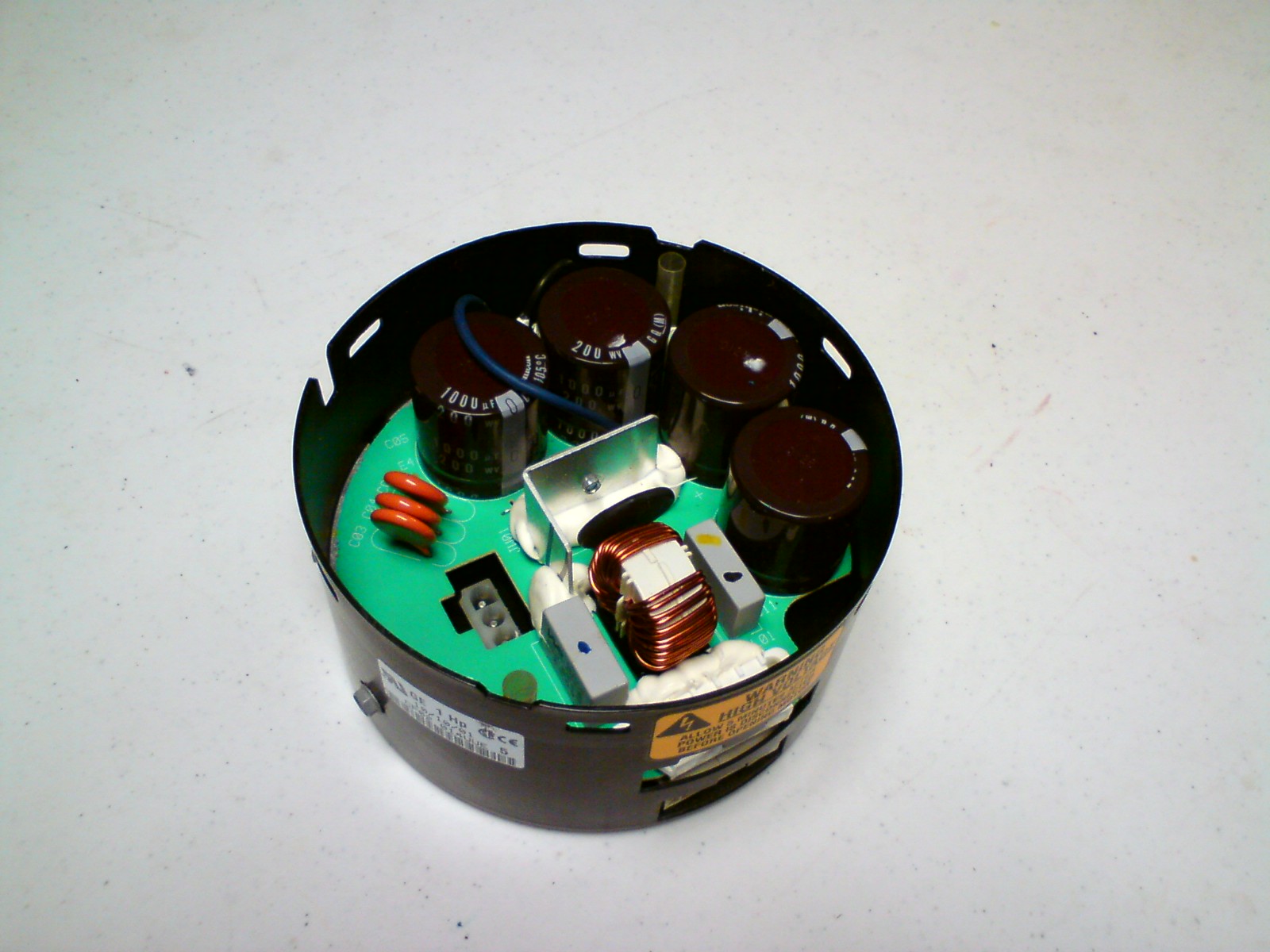Heat Pump vs Air Conditioner: Which HVAC System is Right for You?
The Difference Between a Heat Pump and Air Conditioner
When it comes to heating and cooling your home, understanding the difference between a heat pump and an air conditioner is key to making the right choice. Surprisingly, some homeowners already have a heat pump system without even realizing it! This makes sense, given that these systems look almost identical on the outside. But knowing what sets them apart can help you make an informed decision for your home’s comfort needs.
In Cooling Mode, Heat Pumps and Air Conditioners are Equal
Both heat pumps and air conditioners excel at keeping your home cool during the warmer months. They work by circulating refrigerant between your indoor and outdoor units. As the refrigerant moves through the system, it absorbs heat from inside your home and releases it outside, delivering cool air indoors and lowering the temperature and humidity. A heat pump cools just as well as an air conditioner because it IS an air conditioner.
Heating: The Heat Pump Advantage
The main difference with a heat pump is that it can reverse its operation to also heat your home during the winter. It still uses the same refrigeration process as in the summer, but now it absorbs heat from outdoors and transfers (or pumps) it indoors. While an air conditioner steps aside when the temperature drops—handing the job over to a fossil fuel furnace or boiler—a heat pump continues working year-round, pulling double duty to deliver both cool air and warm air into your home.
The Key Difference: The Reversing Valve
So, how does a heat pump manage to heat your home? Heat pumps work due to one crucial component: the reversing valve. This piece of technology changes the direction of the refrigerant flow, allowing the system to pull heat from the outside air and bring it inside. Yes, even in cold weather, there’s plenty of heat energy in the outdoor air for the refrigerant to absorb! The compressor then compresses the refrigerant, tripling the pressure and making it hot enough to heat your home.
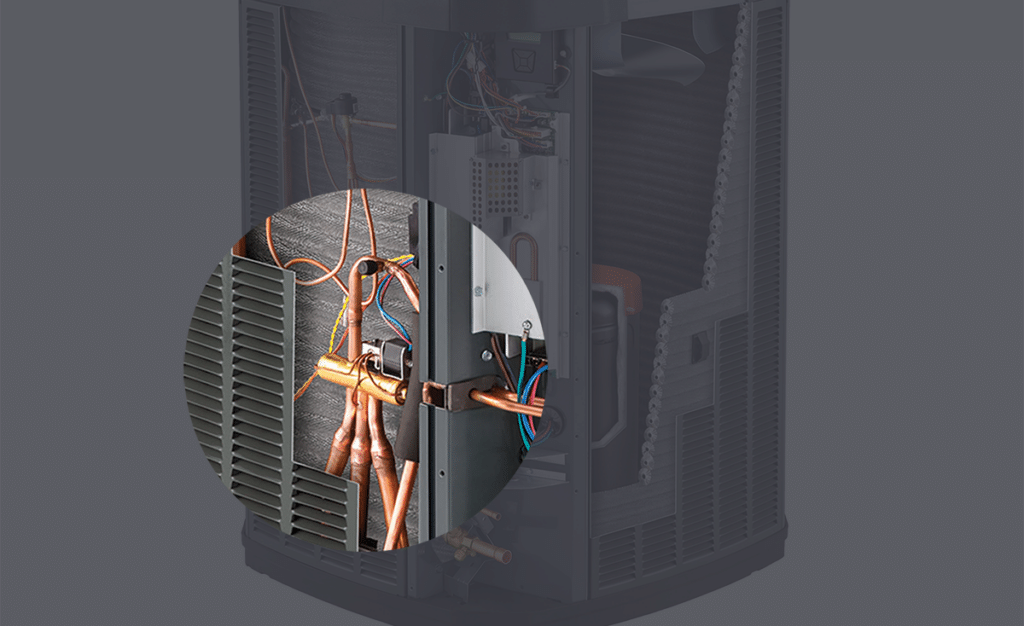
Air Source Heat Pumps vs. Other Types
When people talk about heat pumps, they’re usually referring to air-source heat pumps—the type that draws heat from the outdoor air. While there are also water-source heat pumps, like geothermal systems that pull heat from the ground, we’ll focus on the air-source variety here, as they’re the most common. For more info on geothermal heat pumps, click here.
Heat pump vs Air Conditioner FAQs
Heat pumps are more efficient than straight electric heaters down to about -15 degrees Fahrenheit. So yes, they can work in cold climates. However, as the outdoor temperature drops, a heat pump produces less heat while your home needs more. So, below about 30 degrees Fahrenheit, they may depend on a little help from a backup heat source to keep your home at peak comfort and efficiency.
The outdoor unit is about $700 - $1,000 more for a heat pump. But both units require combination with an indoor unit to move air through your home. Typically, we combine central air conditioners with gas furnaces and heat pumps with air handlers. Air handlers are much cheaper than gas furnaces, ultimately making a full heat pump system a bit cheaper than a full gas furnace - A/C system.
Air conditioners last longer than heat pumps because they get half the runtime.
In cooling mode, air conditioners and heat pumps are equals. If you've read or heard that heat pumps are more energy efficient, that conversation is likely referring to the comparison between electric resistance heaters.
Yes, we can replace your A/C with a heat pump. You can even keep your fossil fuel furnace for backup on very cold nights. You can also switch to an air handler (electric furnace) in tandem with your heat pump if your home electric service is large enough.
Heat Pump vs Air Conditioner Cost Comparison
When shopping for heat pumps and air conditioning units, cost is often a primary consideration.
Heat pumps have a higher upfront cost (typically between $700 to $1,000) compared to air conditioners. The additional technology required for the heating function causes this price increase.
However, this higher initial investment when comparing heat pumps to air conditioners is offset by a few things...
Firstly, there are the long-term potential energy savings, especially if natural gas is not available in your neighborhood. Since these energy savings are only in heat mode, this cost comparison should be made between heat pumps and whatever heat type you currently have (be it natural gas, propane, fuel oil, or only electric). We cover this topic more in another article here.
Second, heat pumps can eliminate the need for a fossil fuel heating system, such as a furnace. Having a heat pump gives you the option of going all-electric with just an air handler indoors. This removes the hassle of dealing with propane or oil deliveries and ugly fuel tanks. No fossil fuel means no chimneys, eliminating a source of carbon monoxide in your home.
(you could also have a hybrid system with furnace + heat pump as we discuss here)
Because air handlers are much simpler (just a blower, electric heater, and coil), they are less expensive to install than a furnace. This is assuming you have enough electric supply available. Retrofitting from a furnace to an air handler will likely require running a larger electric supply from the breaker panel.
Third and finally, by eliminating your fossil-fuel heating system, you’ll typically reduce maintenance costs.
In general, a heat pump + air handler combination is less complicated, easier to maintain, and more reliable than an A/C + gas furnace combination. Many factors go into this, including the brand of unit and quality of install.
For more detailed info on installation costs, check out our pages on air conditioner pricing and heat pump pricing.
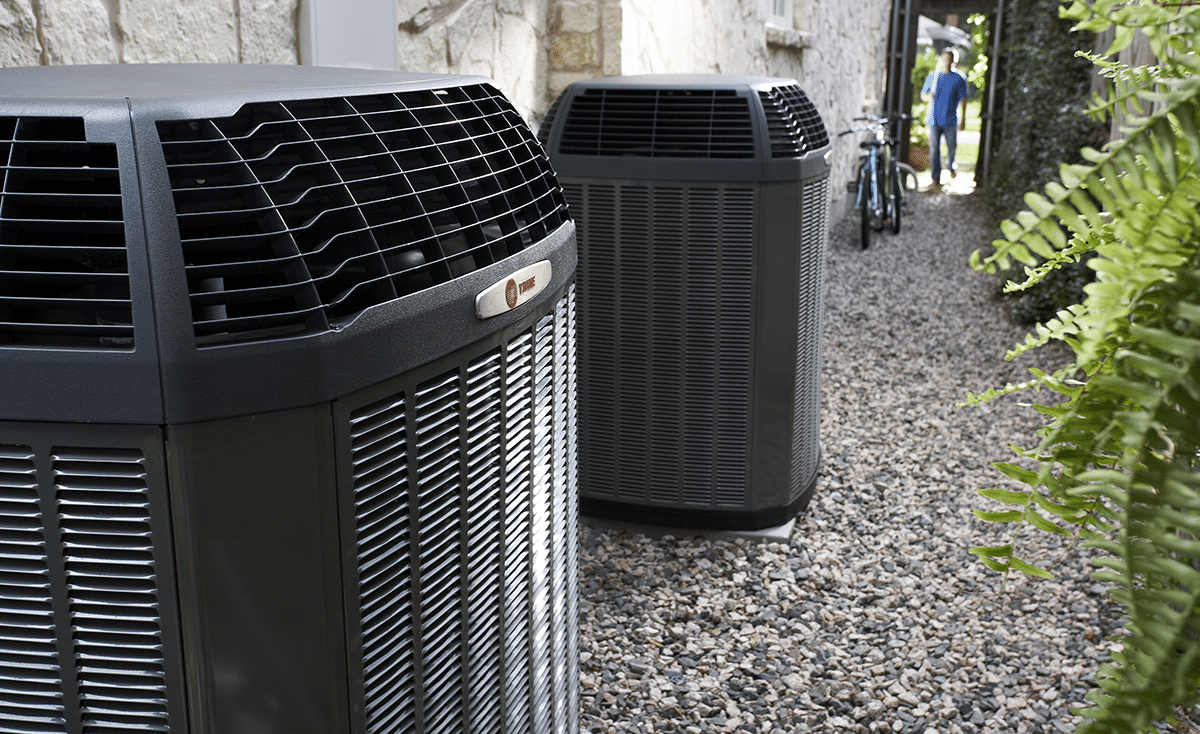
Air Conditioner and Heat Pump Installation Differences
Installation of an A/C and heat pump are virtually identical. The primary installation difference is that we must elevate the heat pump above the expected snow level so that it can properly defrost and drain in the winter. This is commonly done by hanging it from the wall with a bracket or by raising it from the A/C pad with bricks or snow legs.
The other difference is a couple of extra thermostat wires to the outdoor unit to control the reversing valve and to signal to the stat that the heat pump is in defrost mode. While most thermostats can control a heat pump system, if you’re upgrading from an air conditioner, chances are there are not enough control wires in the wall and you’ll need to pull a new thermostat wire.
Comparing A/C and Heat Pump Energy Efficiency
In the conversation of energy efficiency, it’s a common belief that heat pumps are more energy efficient than air conditioners. However, the reality is that both systems operate at the same level of cooling efficiency, depending on the specific SEER2 rating of the unit you choose. For example, Trane makes their model XV18 in both an air conditioner and a heat pump, and both achieve a SEER2 rating of 18.0, meaning they offer identical cooling efficiency.
There is one key difference in measuring heat pump and air conditioner efficiency though. In addition to measuring cooling efficiency with SEER2, heat pumps rate their efficiency in heating mode with HSPF2. Air conditioning systems only have SEER2 as their energy efficiency rating, but heat pumps have both SEER2 and HSPF2 ratings. The SEER2 rating stands for Seasonal Energy Efficiency Ratio (cooling efficiency), while the HSPF2 rating stands for Heating Seasonal Performance Factor (heating efficiency). These ratings allow you to compare individual heat pumps and air conditioners, estimating the energy savings when you upgrade to a high-efficiency model.
In regions like Ohio, where we experience both summer and winter fully (though relatively mild), heat pump systems provide phenomenal year-round efficiency. But modern air conditioners can give you equally great energy efficiency in the summer.
Lifespan Comparison of Air Conditioner and Heat Pump
When you’re deciding between an air conditioner or a heat pump, the expected lifespan of each can play a big role in your decision.
While versatile, heat pumps tend to have a shorter lifespan than air conditioners. Why? Because a heat pump works overtime, putting in year-round work to keep your home at the right temperature. This constant operation means more wear and tear, which can lead to more frequent maintenance and a shorter overall lifespan.
Air conditioners often outlast heat pumps simply because they’re only used during the warmer months. With less strain on the system, A/Cs tend to need fewer repairs and offer a longer service life.
Whatever you choose, regular maintenance is the key to extending the life of your HVAC system, ensuring it runs at peak efficiency for as long as possible, and preventing costly repairs down the line.
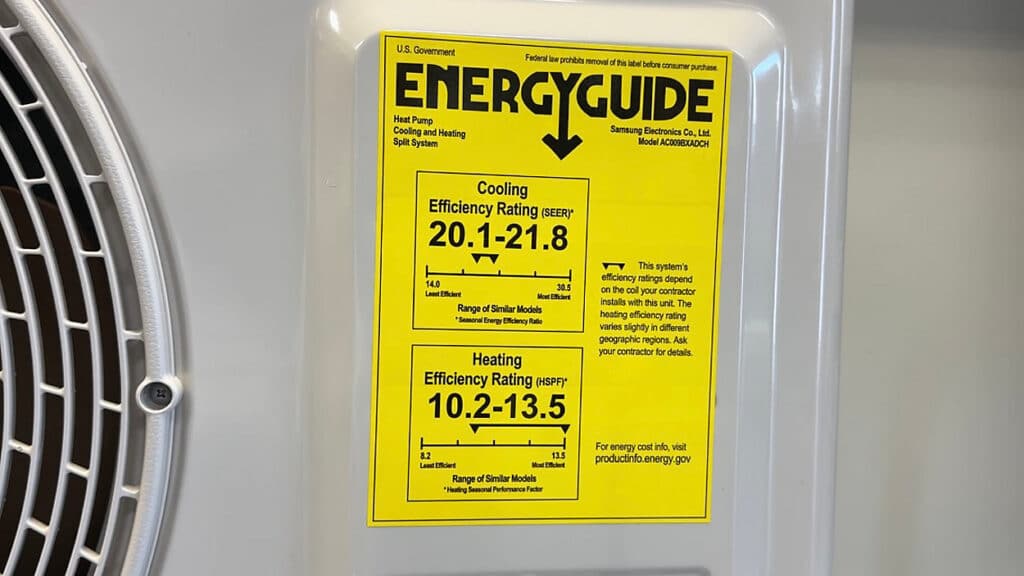
Can I Replace My A/C with a Heat Pump?
When homeowners are looking for a new cooling system, they often assume they can’t get a heat pump because they currently have an A/C. We’re here to debunk that myth.
Simply put: Yes, you can replace your A/C with a heat pump. There are very few instances where it’s impossible to replace an air conditioner unit with a heat pump unit.
Still, in some situations, it might not be the best option. It all comes down to what options are available in your neighborhood.
If you currently heat your home with fuel oil or electric resistance heaters in a mild climate, moving to a heat pump is a no-brainer. The energy savings will quickly give you a return on your investment. If you have an existing propane furnace, a hybrid setup with a heat pump and a propane furnace makes a lot of sense. Below about 0 degrees Fahrenheit, propane becomes cheaper to heat with, and the warmer air coming from the vents in the dead of winter can feel more comfortable and cozy.
Switching from natural gas is a different story. You can certainly replace your A/C with a heat pump and keep your gas furnace as a hybrid HVAC system. As the temperature drops, gas furnaces quickly become the most economical choice below about 50 degrees Fahrenheit. With the heat pump only running about 10% of the heating season, it may not be worth the added installation cost. Surprisingly, heat pumps produce about twice the carbon footprint compared to natural gas furnaces! If you have natural gas, we certainly don’t recommend replacing it with an all-electric heat pump system.
Of course, this advice is all based on our service area in Ohio, its moderate climate, fuel costs, and coal-based electricity supply.
Should I Choose a Heat Pump or Air Conditioner?
Making the final decision between a heat pump and air conditioner can feel like a big decision. It really depends on a few key factors based on your specific home’s setup. Let’s break it down to help you figure out which option might be best for you.
Climate Considerations
If you live in an extremely cold climate with nighttime temperatures routinely hitting -10 degrees Fahrenheit, a heat pump might not be the best fit. When outdoor temperatures drop below about 30 degrees Fahrenheit, heat pumps can’t provide enough heat on their own and need a little extra boost from electric strip heat. Below -15 degrees Fahrenheit, they produce very little heat and the energy efficiency drops below that of electric strip heat.
With a hybrid setup, you would turn the heat pump off and switch to fossil fuel. This means that in very cold climates, the heat pump would only get runtime in the Spring and Fall and may not be worth the investment. In our service area in Ohio, we only get a few nights per year below 0 degrees Fahrenheit, making a heat pump a great choice.
Electrical System Limitations
Your home’s electrical system is also an important factor to consider. Heat pumps don’t require any more power than standard air conditioners. However, the average backup heater in an air handler needs a 90 amp circuit. If you’re replacing a propane or oil furnace with an air handler, you will only have a 15 amp circuit. This means, at minimum, you will need an electrician to run a new circuit from the panel.
Worst case, they’ll need to upsize the electric service from the pole and replace your entire panel. This may seem extreme, but it’s typically not a deal breaker as electricians do service upgrades all the time at an extra upfront cost.
Existing Heating Systems
If you’ve recently installed a high-efficiency furnace, swapping it out for an all-electric heat pump system might not make financial sense. Your furnace likely still has a lot of life left. Adding a heat pump to your existing fossil fuel furnace to make a hybrid system can be a great option. But if your furnace is natural gas, you shouldn’t expect to save any extra money on your utility bills in heating mode.
Making the Final Decision
In the end, choosing between air conditioners and heat pump systems is all about understanding your home’s specific needs, your climate, and your long-term goals. For cooling, air conditioners and heat pumps perform identically. Heat pumps provide outstanding heating performance, rivaled only by natural gas furnaces. Modern heat pumps produce three to four watts of heat for every watt of electricity they consume. Hopefully, you’ve found this info helpful in your research.
Ultimately, having an HVAC expert come out and assess your home is the only true way to know what the perfect system is for you. If you’re ready to take the next step, our comfort specialists can perform a professional evaluation of your home and help you make the best choice for year-round comfort.

